
EDITORIAL
13-02-2023 by Freddie del Curatolo
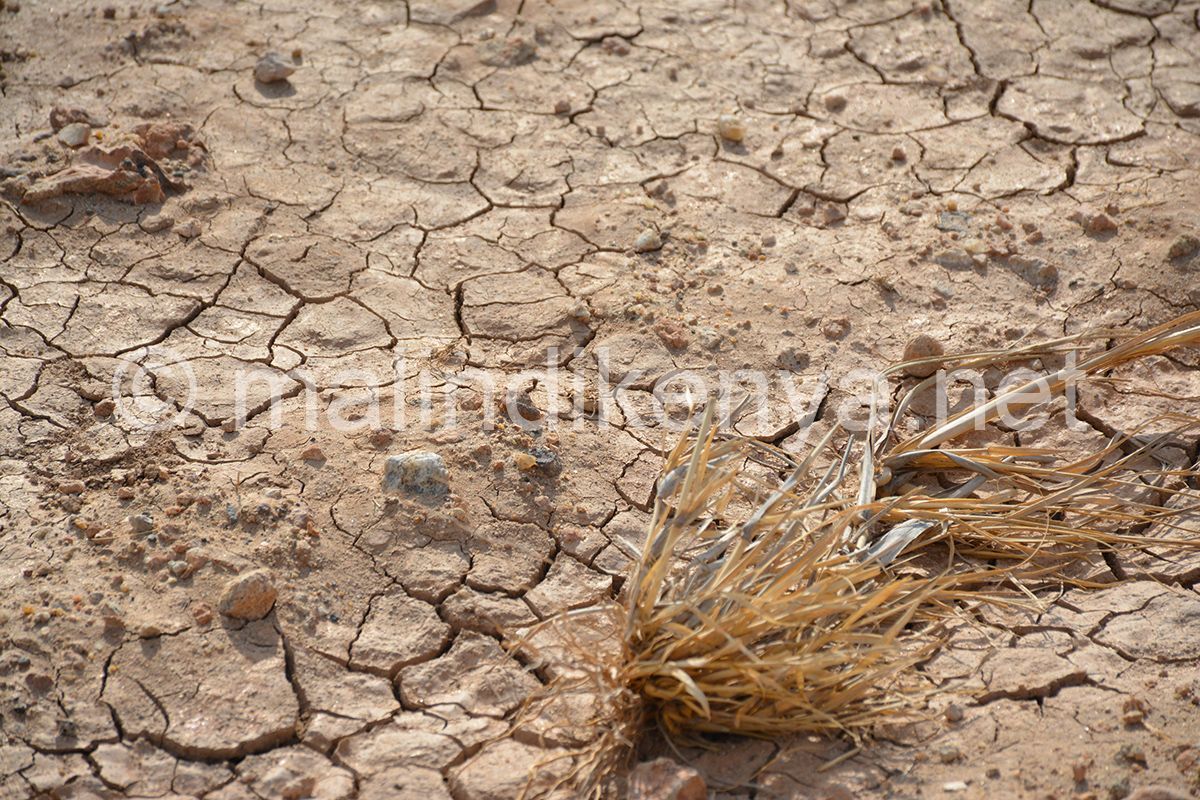
When approaching Kenya, for the various reasons that may interest a westerner and consequently an Italian (holiday, business, volunteering, change of life, employment) one is mainly concerned with what concerns us personally: the first concerns are related to the health situation, illnesses and possible insurance or preventive care to be sustained, national security and threats from Islamic terrorism.
Frequenting the country, returning several times for pleasure or business, or settling permanently, one understands how other issues plague Kenya and negatively affect the lives of its people and consequently those of foreigners, and which then inevitably also affect personal wellbeing, that of which the first concerns.
It is normal that those who come to Kenya, while informing themselves and taking note, do not think of drought as the worst of (their) ills. Instead, they should consider how myriads of harmful situations for Kenyan society arise and will arise from it.
These are not only the thoughts of those who live daily, inform themselves and inform you about the development of this country, but also the opinions of experts and organisations.
Just yesterday, an interview with the EU Ambassador in Nairobi, Henriette Geiger, was published. She pointed the finger at what the EU considers to be Kenya's two main problems: drought and corruption. The severity of the consequences of climate change have so far been seen mainly in the semi-desert regions in the north. Until last year, according to Geiger, the drought was 'basically hidden and kept out of the public eye for the elections, so as not to upset the country's fortunes. Also, in the area where there is a drought, there are few votes, so there was no need to support the local population. And that is probably why not much was done for them during the elections.
Now the situation is dramatic, and if something serious is not done, it is likely to be so in other parts of the country, including the coast, where there are already signs in the hinterland and in the Tsavo National Park.
In the north, in the regions of Laikipia, Samburu and Turkana, the situation is desperate. Thousands of animals are dying, their carcasses can be seen on the roadsides. Cattle are dying, vital for the livelihood of thousands of families, but also elephants, zebras and other specimens that Kenya has always been proud to host and for which it is visited by tens of thousands of tourists every year.
But drought is not just the visible one, of undernourished children and mothers who can no longer breastfeed, of the elderly dying of weakness and fainting from exhaustion.
The drought leaves people jobless and increases crime, it causes fights to grow between the poor who have less and less and go looking for it elsewhere, creating bloody feuds that are only tribal in appearance, creating intolerance that results in riots. Last weekend, on the road that also takes tourists to Turkana, right near the Kenya Wildlife Service headquarters, three hundred bandits (former herdsmen) attacked a convoy escorted by police. Three officers died and others were injured.
In recent weeks, the Ministry of the Interior and National Security has sent an additional contingent to the area to increase security, but the fruits of this have yet to be seen. As many geopolitical observers explain, the small and big wars in East Africa were born out of this intolerance, where small movements have appealed to the exhausted population, convincing it to fight against social inequalities and the indifference of strong powers that continue to exploit the earth's resources (think of Kenya's Turkana, full of oil) leaving its people to die of hunger, thirst and lack of work.
Another aspect: with the drought, the cost of electricity will increase. The lack of water in the country's main dams (Masinga and Kamburu), on which much of the hydroelectric production that serves the whole of Kenya depends, will have a negative impact on electricity bills. The Minister of Energy and Petroleum himself, Davis Chirchir, told reporters that if the drought persists, the government may resort to the use of expensive diesel to generate power.
The problem is more than serious in a country already hit by inflation and with a soaring public debt. There is no need for the usual policy of unconditional aid, which is (at best) like when tourists bring candy to children in hut villages. The EU Ambassador's words in this regard are indicative, and follow the words of our expert Angelo Ferrari, in the interview he gave to Malindikenya.net a few days ago (WATCH AND LISTEN HERE).
"I think in many years of working in partner countries we have realised that coming in from the outside and trying to change something does not work, has not worked and will never work because change can only come from the inside," said Henriette Geiger, "So what we can do is bring ideas, stimulate things, support some ideas that emerge... But the work has to be done from below, otherwise there is no sustainability. For us, with the big development projects and programmes that we came with, what we do now is to support the priorities of the countries. So, first we sit down, talk, listen and then we see what the common interest is and then we go in where we think we can add value. This is our current strategy and in the NGO sector I believe that listening and collaboration has also become the norm rather than the exception'.
Hope, as always, comes from the communities of women, who in Africa are always 'the force from below' in the chain of operations and hope. The organisations active on the ground that develop projects to remedy climate change. We need to act fast (seriously in the next five years, the experts point out) and the international community, the United Nations and others should go there and donate directly to the projects underway, of those who live in those areas and know how to act immediately, instead of continuing to forage institutions and governments that are fattening up for the next elections in which they will deliberately leave things as they are, giving away some more toxic candy.
CLIMATE
by Freddie del Curatolo
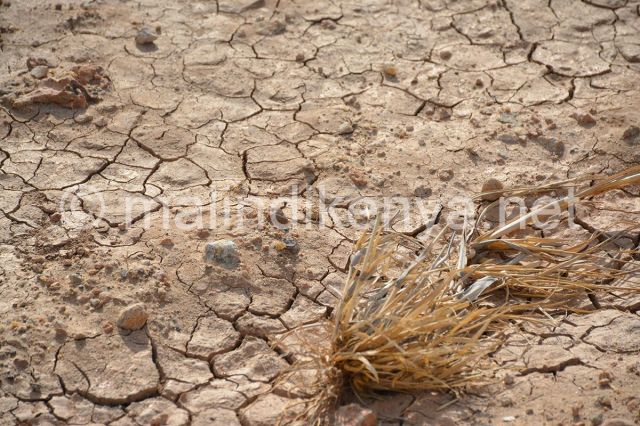
This year, as in the previous four, weather forecasts predict that the "big rains," whose season...
NEWS
by redazione
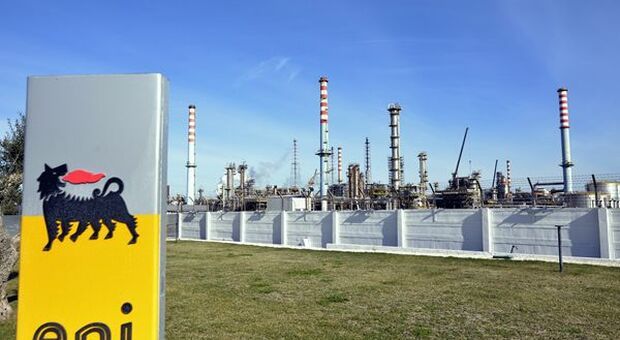
The Italian multinational oil and gas company Eni has its sights firmly set on Kenya for sustainable...
FRUITS
by Leni Frau
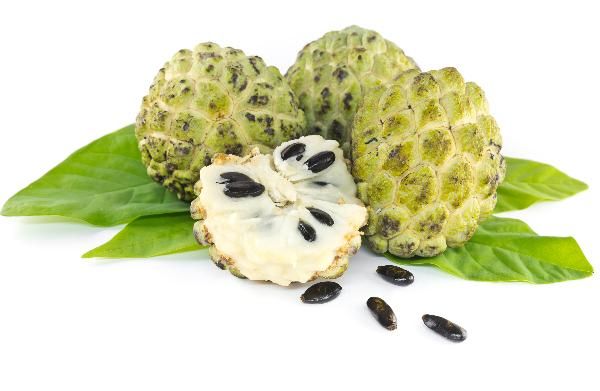
It is one of Africa's least known but healthiest fruits. In Kenya almost no one plants it but it grows mostly wild...
WEATHER AND RISKS
by redazione

The bad weather emergency in Kenya now also threatens to bring flooding to the coastal strip, swelling...
NEWS
by redazione
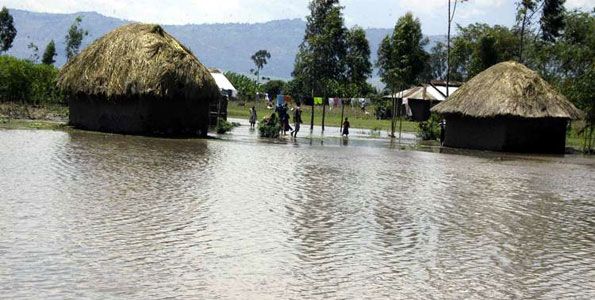
On the one hand you can only bless them, on the other hand the first heavy downpours that fell...
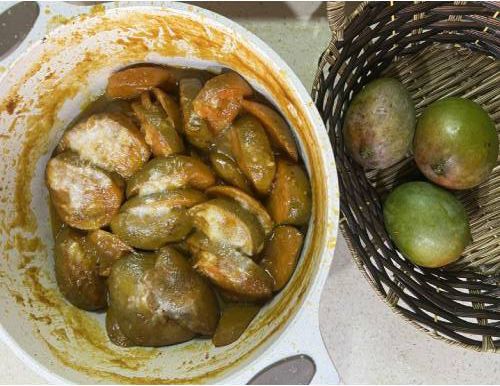
Another mouthwatering recipe from the portal of Italians in Kenya. Today we present the...
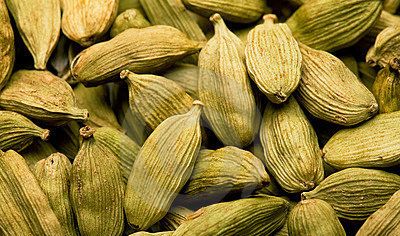
Cardamom is a spice known since the days of the Greeks and Romans, who used it to produce perfumes, and is ...
RECIPE
by Leni Frau

One of Sub-Saharan Africa's traditional Christmas dishes is okra soup.
In Arabic...
by Leni Frau

One of Sub-Saharan Africa's traditional dishes for Christmas is...

No 'El Niño', just normal small rains. This is what we have to expect for the coming weeks in...
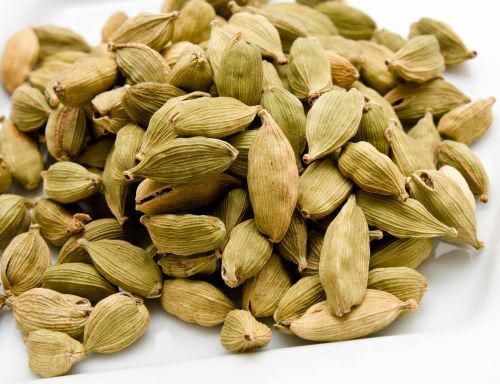
Abdul, seller of spices from the old market, chews it from the morning and gladly offers...